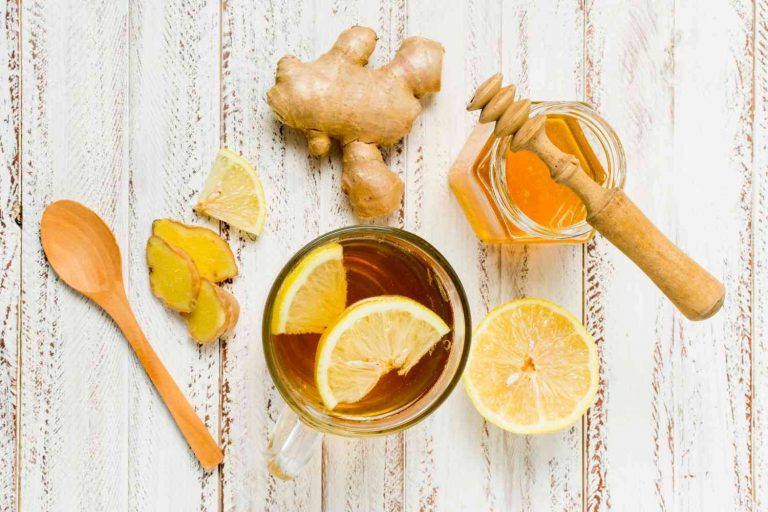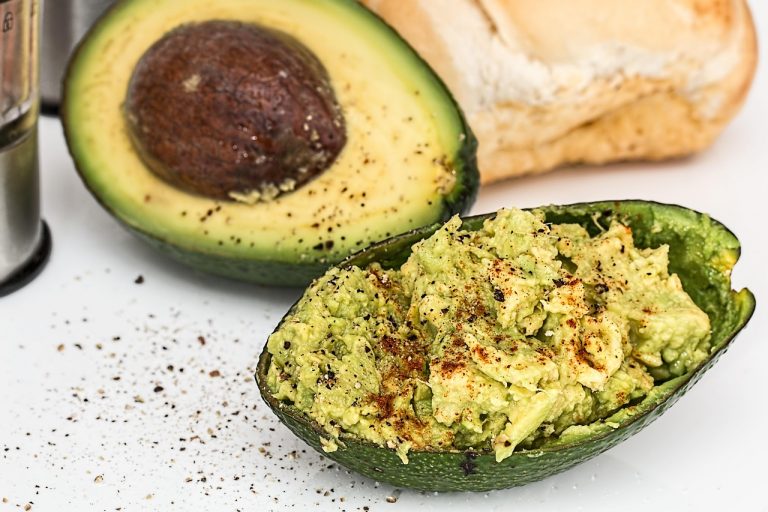Have you ever experienced that mid-afternoon slump where no amount of coffee seems to do the trick? You’re not alone! Many of us are on a quest for natural ways to boost our stamina and keep our energy levels up throughout the day. While caffeine and sugar can provide a quick fix, they often lead to crashes that leave you feeling worse than before. So, what if I told you that certain foods can help sustain your energy levels without the dreaded crash? Let’s dive into five foods that can naturally boost your stamina and keep you feeling energized all day long.
Contents
1. Oats: The Breakfast Champion
Why Oats?
Oats are a fantastic source of complex carbohydrates, which provide a steady release of energy. Unlike simple carbs that can spike your blood sugar, complex carbs help maintain stable energy levels. Plus, oats are rich in fiber, which keeps you feeling full longer.
Nutritional Benefits
- Complex Carbohydrates: Oats release glucose slowly, preventing energy spikes.
- Beta-Glucan: This soluble fiber can help lower cholesterol and improve heart health.
- Micronutrients: Oats are packed with essential vitamins and minerals like magnesium and iron.
How to Enjoy Oats
You can whip up a hearty bowl of oatmeal topped with fruits and nuts, or blend them into smoothies for a quick energy boost. I often throw a handful of oats into my morning smoothie for that added kick!
Pros and Cons
Pros: Sustained energy, high in fiber, versatile.
Cons: Some people may experience bloating if they’re not used to high-fiber foods. Start slow!
2. Bananas: Nature’s Energy Bar
Why Bananas?
Bananas are a go-to snack for many athletes and for good reason. They’re rich in carbohydrates, which are crucial for energy, and they contain potassium, which helps maintain muscle function.
Nutritional Benefits
- Quick Energy Source: Bananas provide an immediate energy boost, making them perfect for a pre-workout snack.
- Potassium: This mineral helps prevent muscle cramps during exercise.
- Vitamin B6: Supports energy metabolism.
How to Incorporate Bananas
You can eat them on their own, slice them over your morning cereal, or blend them into smoothies. I love making banana pancakes for a weekend treat—super easy and delicious!
Pros and Cons
Pros: Convenient, nutrient-dense, delicious.
Cons: High in sugar compared to other fruits, so moderation is key if you’re watching your sugar intake.
3. Quinoa: The Protein Powerhouse
Why Quinoa?
Quinoa is often hailed as a superfood, and for good reason. It’s a complete protein, meaning it contains all nine essential amino acids. This makes it an excellent choice for vegetarians and anyone looking to boost their protein intake.
Nutritional Benefits
- Complete Protein: Supports muscle repair and growth.
- Complex Carbohydrates: Provides longer-lasting energy.
- Rich in Antioxidants: Helps combat oxidative stress.
How to Cook Quinoa
You can use quinoa as a base for salads, stir-fries, or as a side dish. I often prepare a quinoa salad with veggies and a light dressing for a refreshing lunch option.
Pros and Cons
Pros: High in protein, gluten-free, versatile.
Cons: Some people may find quinoa difficult to digest. Rinsing it before cooking can help.
4. Spinach: The Leafy Green Energy Booster
Why Spinach?
Popeye had the right idea! Spinach is loaded with iron and other essential nutrients that can help combat fatigue. Iron is crucial for transporting oxygen in the blood, which is vital for energy production.
Nutritional Benefits
- Iron: Helps reduce fatigue and improves endurance.
- Magnesium: Supports muscle function and energy production.
- Vitamins A and C: Boost overall health and immunity.
Creative Ways to Use Spinach
You can toss spinach into smoothies, salads, or stir-fries. Personally, I love making a spinach and feta omelet for a quick breakfast that keeps me energized.
Pros and Cons
Pros: Nutrient-dense, low in calories, versatile.
Cons: Raw spinach contains oxalates, which can inhibit calcium absorption. Cooking it reduces this effect.
5. Nuts and Seeds: The Crunchy Snack
Why Nuts and Seeds?
Nuts and seeds are packed with healthy fats, protein, and fiber, making them an excellent snack for sustained energy. They also contain essential nutrients like vitamin E and magnesium, which are important for energy production.
Nutritional Benefits
- Healthy Fats: Provide long-lasting energy.
- Protein: Supports muscle recovery and growth.
- Rich in Antioxidants: Help reduce inflammation.
How to Snack Smart
A handful of mixed nuts or seeds can be a great mid-afternoon snack. I always keep a small bag of almonds or pumpkin seeds in my bag for a quick energy boost when I’m on the go.
Pros and Cons
Pros: Convenient, nutrient-dense, satisfying.
Cons: High in calories, so portion control is important.
FAQs
1. Can I rely solely on these foods for energy?
While these foods can significantly boost your stamina, a balanced diet with a variety of nutrients is essential for overall health.
2. How often should I eat these stamina-boosting foods?
Incorporating them into your daily meals and snacks can help maintain consistent energy levels.
3. Are there any side effects to eating these foods?
Most people can enjoy these foods without issue, but be mindful of portion sizes, especially with nuts and seeds.
4. Can I combine these foods for even better results?
Absolutely! Combining these foods can create a powerhouse meal. For example, a quinoa salad with spinach, nuts, and a banana on the side makes for a balanced, energizing meal.
Conclusion
Finding natural ways to boost your stamina doesn’t have to be complicated. By incorporating these five foods—oats, bananas, quinoa, spinach, and nuts and seeds—into your diet, you can enjoy sustained energy levels without the crashes that come from processed snacks. Remember, everyone’s body is different, so it may take some experimentation to find what works best for you.
As we continue to explore nutrition and its effects on our energy levels, keep in mind that these foods are just a part of the bigger picture. A balanced diet combined with regular exercise and proper hydration will yield the best results.
This article is for educational purposes only and is not a substitute for professional medical advice. Always consult a qualified healthcare provider before making changes to your health routine.
References
- Slavin, J. L. (2013). Whole grains and health: A review of the evidence. Journal of Nutrition, 143(6), 1065-1071. https://doi.org/10.3945/jn.112.171907
- Huang, J., & Hsu, Y. (2016). The effects of banana on exercise performance. Nutrients, 8(8), 465. https://doi.org/10.3390/nu8080465
- Fulgoni, V. L. (2016). Nutritional contributions of vegetarian diets. American Journal of Clinical Nutrition, 103(1), 265-270. https://doi.org/10.3945/ajcn.115.113880
- National Institutes of Health. (2020). Magnesium. https://ods.od.nih.gov/factsheets/Magnesium-HealthProfessional/
- Mayo Clinic. (2023). Quinoa: Health benefits, nutrition, and recipes. https://www.mayoclinic.org/healthy-lifestyle/nutrition-and-healthy-eating/in-depth/quinoa/art-20045779
Get Your FREE Natural Health Guide!
Subscribe now and receive our exclusive ebook packed with natural health tips, practical wellness advice, and easy lifestyle changes, delivered straight to your inbox.





